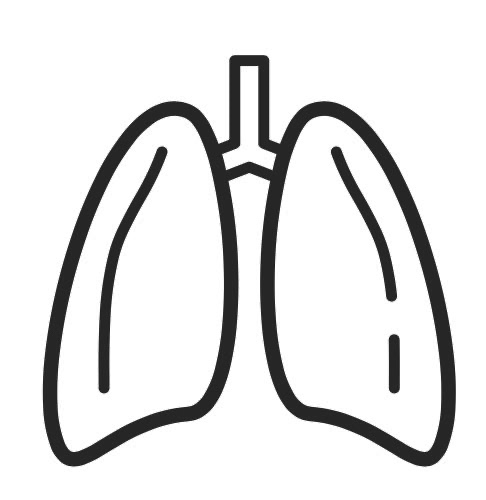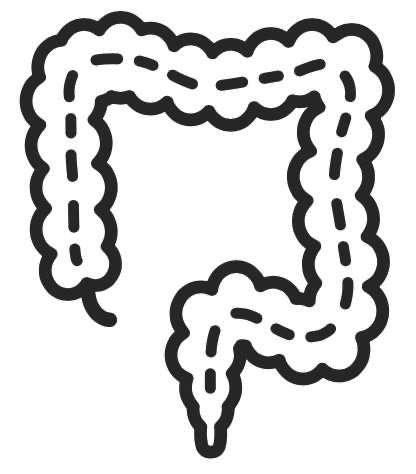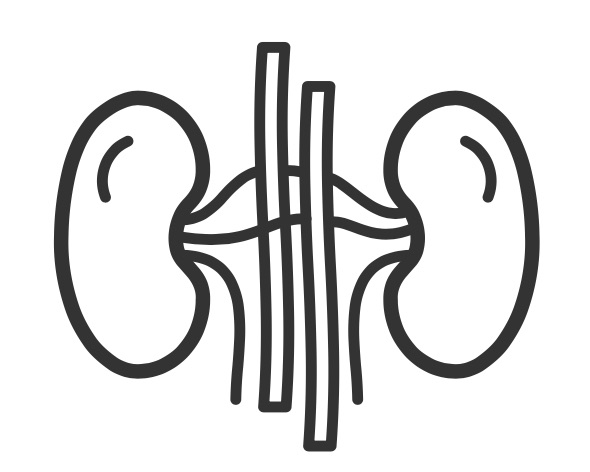How Does Your Breath Impact Your Health?
June 17, 2020
The idea of breathing causes so many emotions during these times that we find ourselves in. There may be feelings of guilt associated with it because our own breathing may be causing the spread of COVID-19. We are covering our faces with masks, which may internalize a feeling that our breath is bad. When we do go out, we see people actively fearing the same breath that keeps us alive. And of course, there is the case of George Floyd and his precious breath. Mixed emotions for sure are to be expected, and that makes us nervous and anxious. Add on top of these emotions a dose of depression from all the social isolation, and you experience an arena of issues that appear to stem from breathing.
Here’s the thing, breathing is important! As much as it may make other people uncomfortable, we need to breathe. Not only does it give our brains, organs and cells the oxygen they need to function properly, but it also calms our nervous systems down and contributes to a healthy immune system.
When the lungs are functioning to their full potential, a person will have a strong voice, strong immunity, a bright and glowing complexion, and they will not sink their chest in or hunch over, among other characteristics. There are many things that can compromise lung health, such as lifestyle and environmental factors like smoking and air pollution. But, did you know that your emotions also play a crucial role in your lung health too? Have you noticed how your emotions are largely connected to your breathing patterns? When people get nervous or anxious they tend to hold their breath. When people are feeling down and depressed they tend to breathe shallow. See below to see the ways that emotions affect our breath:
Worry
Worry “knots” the Lung Qi in TCM and can produce symptoms such as shortness of breath, shallow breathing, irregular breathing and shoulder and chest tension, not to mention the digestive components of this emotion….ugh!
Sadness/grief /regret:
This emotion depletes the Lung Qi. Symptoms such as low energy, a weak voice, a white complexion, and a depressed mood indicate that these emotions have impacted the Lungs. These emotions also lead to a stagnation of Qi, which lead to feelings of slight breathlessness and chest tension.
Fear/Anxiety:
This is the fight or flight response. In this state your body is trying to get oxygen to your muscles, which means less of it is going to your brain and vital organs. You may experience symptoms of chest tightness, breathlessness, feeling of a lump in your throat, muscle tension, heart palpitations, dizziness, nausea, etc.
When the Lung Qi is compromised, it affects all the processes that it plays a role in and symptoms are likely to begin to appear. In Oriental Medicine the lungs dominate the overall “Qi” of the body. Qi is to the body like gas is to a car. There is a direct connection with the lungs and the immune system, large intestine, the kidneys, the skin and the water metabolism. See how below:

Immune system
Think: catching everything that comes around
In TCM immunity is called, “Wei Qi) (pronounced “way chee”). The strength of Wei Qi is dependent upon the health of the lungs. Wei Qi is found directly under the skin and in the muscles to protect the body from pathogens along with regulating body temperature. This is why you feel achy and hot when you are coming down with something.
Signs of a Lung/Wei Qi disfunction: you get sick often, chronic respiratory tract infections, excessive sweating, chronic cough, etc.

Large Intestine
Think: constipation and possibly rashes
In TCM this is the Lung’s paired organ, meaning that they work very closely together. The energy of the Lung descends, and allows for you to defecate. If Lung Qi is weak, you may experience constipation. If the waste is not getting expelled it can be absorbed back into the body and cause rashes (connection between the skin and the intestines!) What’s also interesting is that 80% of your immune system is found in the colon…look at that immune connection!
Signs of a Large Intestine/Lung Qi disfunction: constipation, rashes, breathlessness

Kidneys
Think: our energy level and being able to take a deep breath
The Kidneys are the source of energy we inherit from our parents. When we take a breath, the air combines with this energy and the food that we eat to make the energy that we use. When the kidneys also “grasp” the energy of the Lungs, which allows us to take a deep breath.
Signs of a Lung/KD disfunction: Low energy, asthma, dry/wrinkled skin, painful urination, declined urination, etc.

Skin
Think: rashes and sweating issues
The skin, along with the Lungs are our initial defense to the outside world. They not only guard against bacteria and pathogens from entering our body, but the Lungs also diffuse the fluids in the body to the skin to give us that “healthy glow”. This diffusing function also allows the pores to open and close as necessary to control sweating.
Signs of a Skin/Lung disfunction: rough/dry skin, excess or lack of sweating, acne, eczema and other skin rashes

Water metabolism
Think: bloating, edema, urination problems
The lungs circulate body fluids, which includes the excretion of unwanted fluids via perspiration, exhalation and urination.
Signs of a Lung disfunction: water retention, painful urination or a lack of urination
So, now you know what emotions can affect the Lungs, what organ systems can be impacted and the symptoms associated with them. Now, what are you supposed to do with this information? Well, you have options! 1) you can come in and get acupuncture and herbs, 2) you can do breathing exercises, and/or 3) you can modify your diet.
Breathing Exercises:
This involves anything that makes the lungs stronger and able to take in more air, such as swimming or other aerobic activities, yoga, meditation that focuses on your breath, breath work, etc. This is easy to do even if you don’t have a ton of time. Try inhaling for four counts, hold your breath for four counts, exhale for four count, hold for four counts, and repeat. In Western medicine, breathing in into the belly (diaphragmatic breathing) has been found to calm the nervous system and maximize the amount of oxygen in your bloodstream. Below is an interesting link about the importance of breath:
https://www.wsj.com/articles/the-healing-power-of-proper-breathing-11590098696?mod=e2fb
Diet:
The color white is associated with the Lungs. Foods that are white will benefit the lungs and by default, their associated organ systems. For example, white mushrooms can help dry lungs and also benefit the skin. Almonds are white underneath their skin, and can help with asthma and skin. Radishes and lotus seeds are also beneficial foods.
Hopefully this information helps you to recognize your breathing patterns and how they are impacted by your emotions. I hope it reminds you to breathe deeply and engage your diaphragm. If you are having a hard time calming down to breathe properly, know that acupuncture and herbs can help you. If you have any questions about this topic (or any others) feel free to reach out!